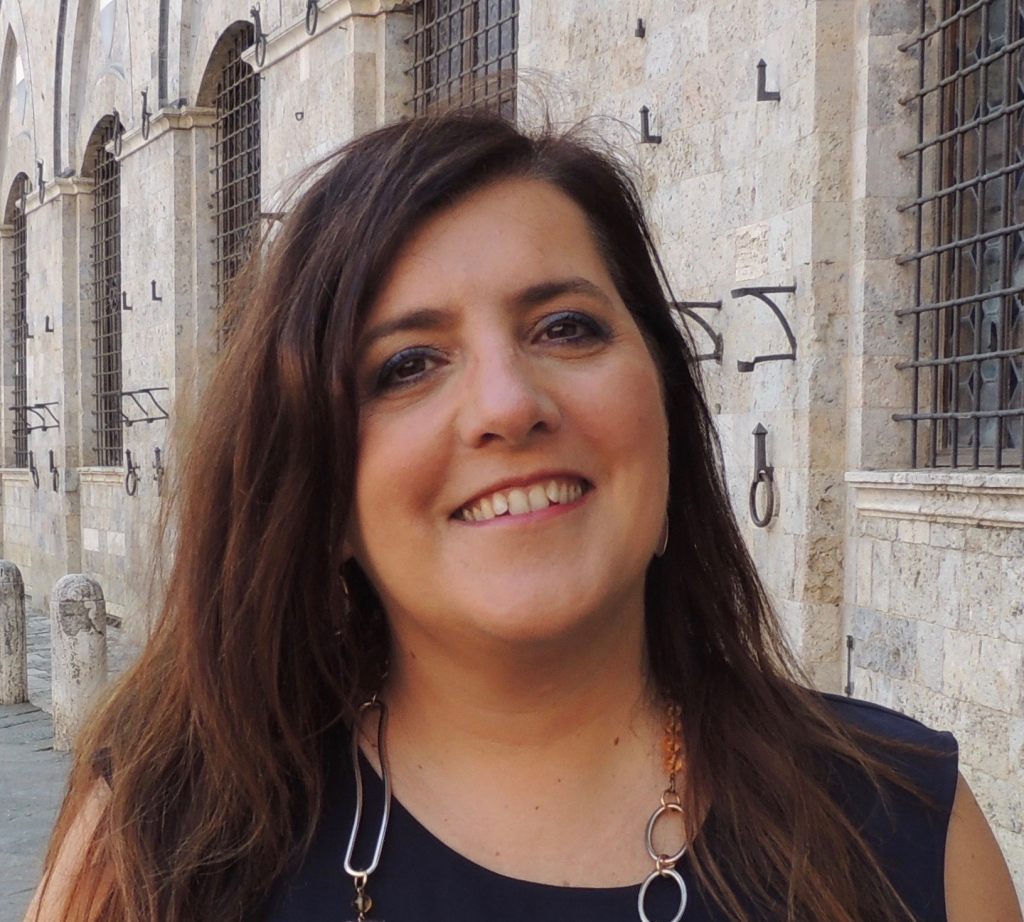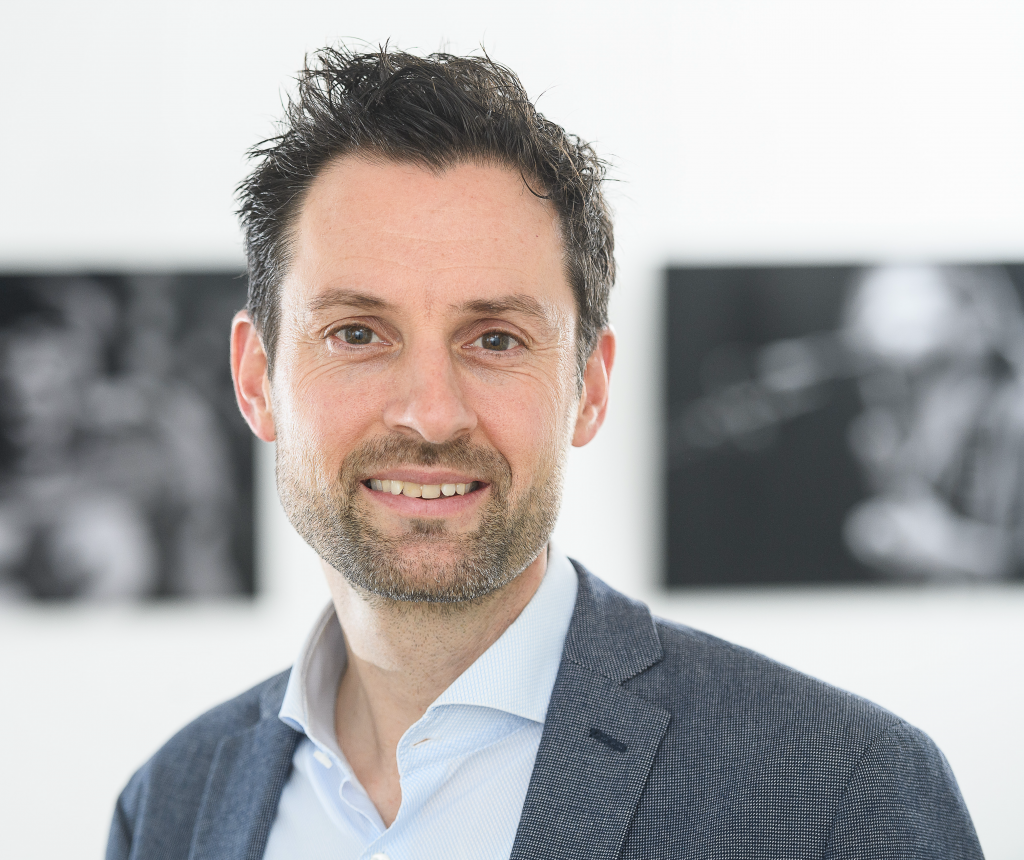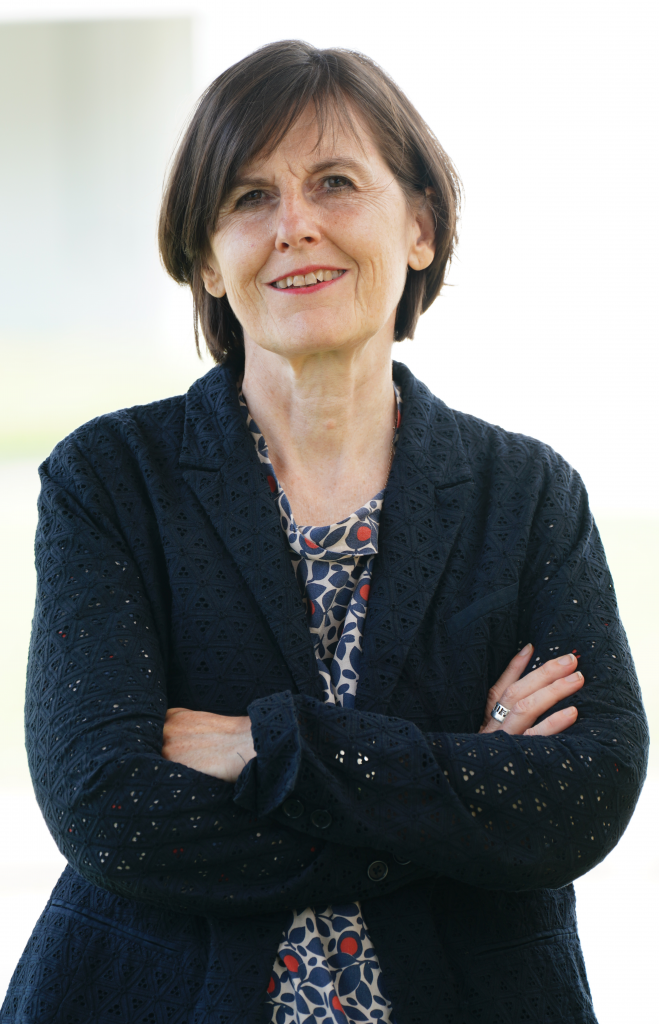
Prof. Amalia Gastaldelli
Amalia Gastaldelli, PhD, is a Research Director at the Institute of Clinical Physiology (IFC) of the National Research Council (CNR) in Pisa, Italy, where she heads the Cardiometabolic Risk Group and the Multi-Omics Mass Spectrometry Laboratory. She is also Adjunct Professor of Medicine at the Diabetes Division of the University of Texas Health, in San Antonio, TX, USA, and Affiliate Professor at the Institute of Life Sciences of the Sant’Anna School of Advanced Studies in Pisa. She graduated from the University of Padova and obtained a PhD in Preventive Medicine with a specialization in Human Pathophysiology from the University of Texas Medical Branch and a PhD in Biomedical Engineering from the Politecnico di Milano.
Dr Gastaldelli’s research focuses on the physiological mechanisms of metabolic diseases (mainly Metabolic dysfunction Associated Steatotic Liver Disease (MASLD), Obesity and Type 2 Diabetes) with particular focus on the alteration of metabolic fluxes and hormone secretion and action.
She is currently President of the European MASLD Study Group affiliated to the EASD, which she founded in 2012 and provides a joint forum for diabetologists and hepatologists to explore the diagnosis, pathogenesis and treatment of MASLD and MASH and since 2018 President of the EGIR (European Group for the study of Insulin Resistance) Study Group also affiliated to the EASD. From 2010 to 2020 she chaired the European Chapter of the American College of Nutrition (ECACN) and was a member of the Board of Directors of the American College of Nutrition (ACN). In 2016 and 2023 she was part of the EASL-EASD-EASO committees (delegate of EASD) to write the European clinical guidelines for the management of NAFLD/MASLD.

Prof. Christoph Maack
Christoph Maack received his MD at the University of Cologne (Germany) in 2000. Between 2000 and 2017, he worked at the Department of Cardiology at the University of the Saarland in Homburg, Germany, where he obtained specialisation for Internal Medicine, Cardiology and Intensive Care Medicine. From 2002-2005, he worked as a post-doctoral researcher in the lab of Brian O’Rourke at the Department of Cardiology at Johns Hopkins University in Baltimore, MD, US. Since 2017, he is the Chair of the Department of Translational Research at the Comprehensive Heart Failure Center (CHFC) at the University Clinic in Würzburg and also the Spokesperson of the CHFC. His research focuses on cellular defects in chronic heart failure, with a special emphasis on the mechanisms of contractile, mitochondrial and metabolic dysfunction in acquired forms of heart failure and hereditary cardiomyopathies. Since 2023, he is the chair of the COST Action EU-METAHEART (CA22169), which focuses on metabolic defects in heart failure. Maack served on the Board of the Heart Failure Association (HFA) of the European Society of Cardiology (ESC) from 2010-2016. Since 2023, he is the President of the International Society of Heart Research (ISHR), European Section (ES) and in 2024, was elected President-elect of ISHR-World (term starting in 2025). Furthermore, he was the Congress President for the Annual Meeting of the German Cardiac Society (DGK) in 2024.

Prof. Jens Brüning
Jens Brüning is Director of the Max Planck Institute for Metabolism Research in Cologne and Director at the Policlinic for Endocrinology, Diabetes and Preventive Medicine at the University Hospital in Cologne.
His research focusses on elucidating the CNS-dependent regulation of energy and glucose metabolism. These studies revealed a previously unappreciated role for insulin action in the central nervous system (CNS) to control organismal glucose homeostasis and insulin sensitivty. His group has defined distinct Agouti-related peptide (AgRP)-expressing neurons in the hypothalamus as critical mediators of insulin’s metabolic actions, revealed the molecular mechanisms of insulin action in these neurons as well as their alterations in obesity.

Prof. Karine Clément
Karine Clément (MD, PhD) is a medical doctor and full professor of Nutrition at Pitié-Salpêtrière Hospital and Sorbonne University in Paris. Since 2002, she has led a research unit at INSERM, Sorbonne University focused on the pathophysiology of obesity and related disorders, particularly emphasizing inter-organ communication (www.nutriomique.org, @ClementLab). From 2011 to 2016, she founded and directed the Institute of Cardiometabolism and Nutrition. Karine Clément’s early research played a pivotal role in identifying monogenic forms of obesity, contributing to the development of novel medical treatments now available to patients. Her group also investigates the impact of environmental factors, such as lifestyle and nutritional changes, on gut microbiota, the immune system, and tissue function—particularly in relation to adipose tissue fibrosis and inflammation in common obesities.
Karine Clément has co-authored over 500 highly cited publications. Her contributions have earned her numerous prestigious national and international awards. She is an active member of several scientific advisory boards and international consortia. Notably, she coordinated the EU-funded METACARDIS project (2012-2018), which explored the role of gut microbiota in cardiometabolic diseases, and she currently leads the EIC Pathfinder Nutrimmune project, focused on precision nutrition and immune function in obesity.
Her involvement in professional organizations is extensive. She is a member of international groups such as the World Obesity Federation (WOF), the European Association for the Study of Obesity (EASO), the European Association for the Study of Diabetes (EASD), and serves as President of AFERO (French Association for the Study of Obesity). Among her many accolades are the Fondation Line Renaud/Loulou Gaste prize, Irène Joliot-Curie Prize, the Gallien Prize, the Fondation de France (Valade) Prize, and the Jacobaeus international Prize.

Dr. Theodore Alexandrov
Theodore Alexandrov is an Assistant Professor in the Departments of Pharmacology and Bioengineering at the University of California, San Diego (UCSD). Previously, he led a team at the European Molecular Biology Laboratory (EMBL), where he established and directed the EMBL Metabolomics Core Facility and served as a faculty member of the Molecular Medicine Partnership Unit between EMBL and Heidelberg University.
At UCSD, Theodore Alexandrov leads a multidisciplinary team of scientists and software engineers dedicated to developing cutting-edge technologies for spatial and single-cell metabolomics. Their mission is to address critical challenges in biology, medicine, and pharmacology. The team combines experimental and computational expertise with software engineering, leveraging both individual and collective knowledge to support collaborators and the broader scientific community in tackling pressing scientific questions (https://ateam.ucsd.edu).
He has published over 100 peer-reviewed journal articles and holds multiple patents. Among his notable achievements are the development of METASPACE, an open-source big data cloud platform for spatial metabolomics (https://metaspace2020.org), and SpaceM, a method for spatial single-cell metabolomics.
Theodore Alexandrov is actively involved in industrial collaborations and entrepreneurship. He co-founded and served as the scientific director of SCiLS, a startup specializing in software solutions for imaging mass spectrometry. In 2025, he co-founded the biotech startup DeepCyte to develop precision therapeutics powered by metabolic intelligence – an innovative combination of single-cell metabolomics, data, and AI.
